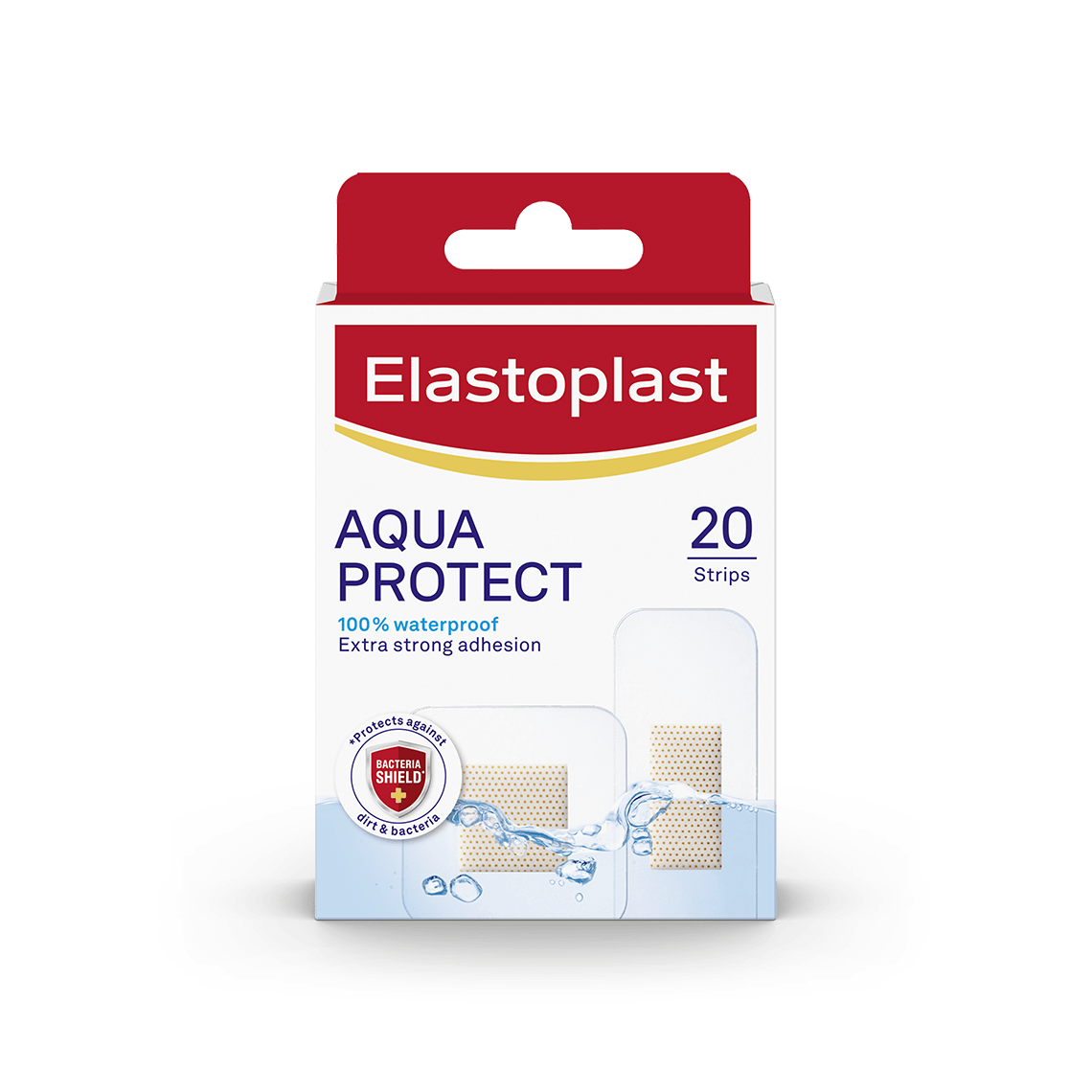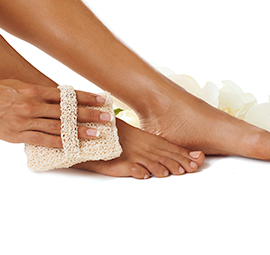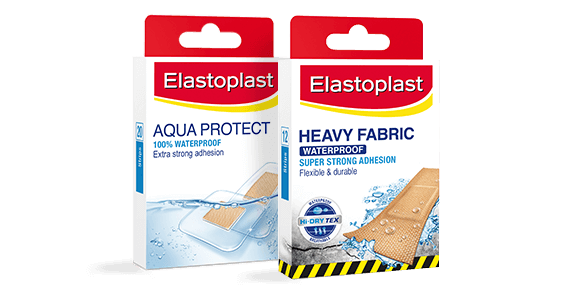About
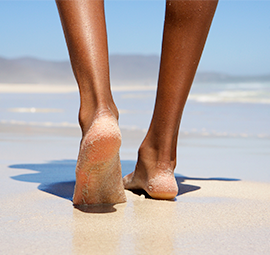
Saltwater
Most people have probably heard that seawater helps the wound healing process – but this is a myth! In reality, impurities found in the water of coastal areas and in standing bodies of water can contain high concentrations of germs that spread freely in warm temperatures.THE RISK OF WOUND INFECTION IS INCREASED BY CONTACT WITH CONTAMINATED WATER
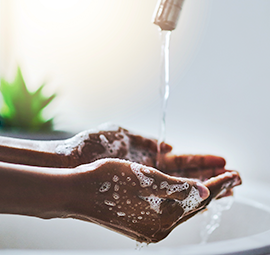
Tap water
Especially when a wound is just beginning to heal, it is advisable to protect the wound from direct contact with tap water. Water and moisture cause the skin to swell and this can impair wound healing. Hand soap, shampoo, shower gel and detergent can also irritate the wound. Before showering, bathing or washing your hands, it is important to make sure your wounds are covered with a waterproof plaster so that they are protected and can heal properly.

Chlorinated water
Chlorine in water can cause unnecessary irritation in wounds and slow healing. There are also many invisible dangers at public swimming pools, such as the bacteria that lurk in unsanitary water, that can quickly lead to wounds becoming infected. It is important to take special care and properly protect wounds from chlorinated water, especially at public swimming pools. To ensure optimal protection against water, consider the 100% waterproof plasters from Elastoplast Aqua Protect. For protecting larger areas, consider Elastoplast Heavy Fabric Waterproof Plasters.
